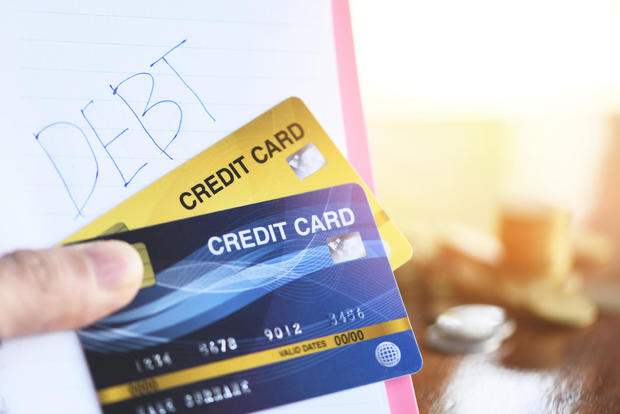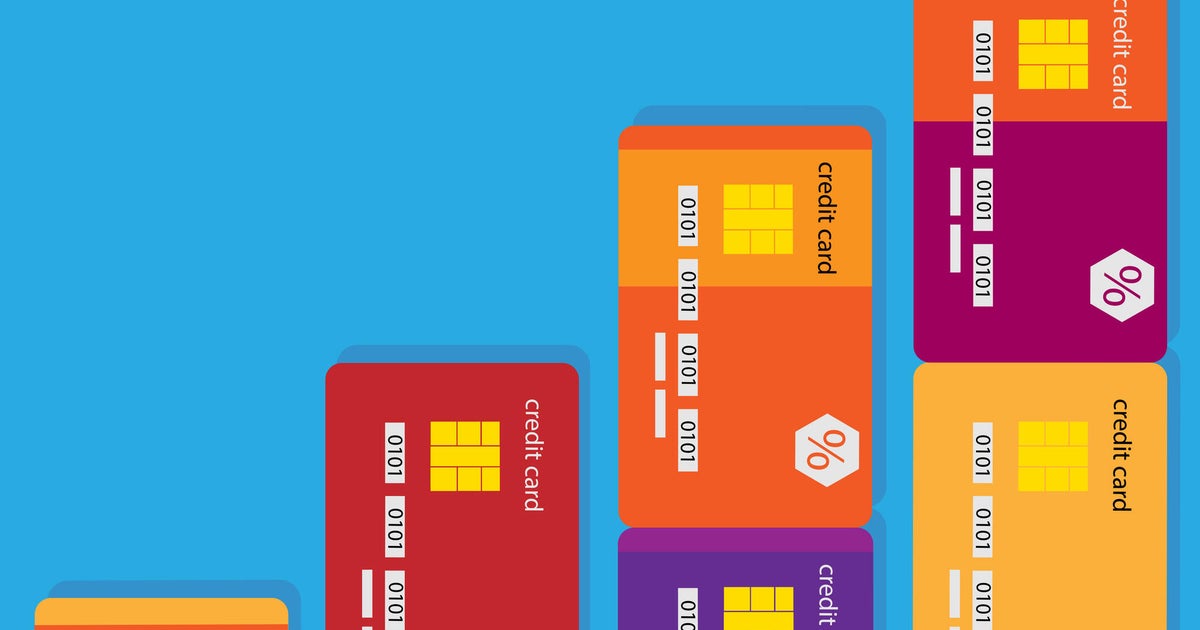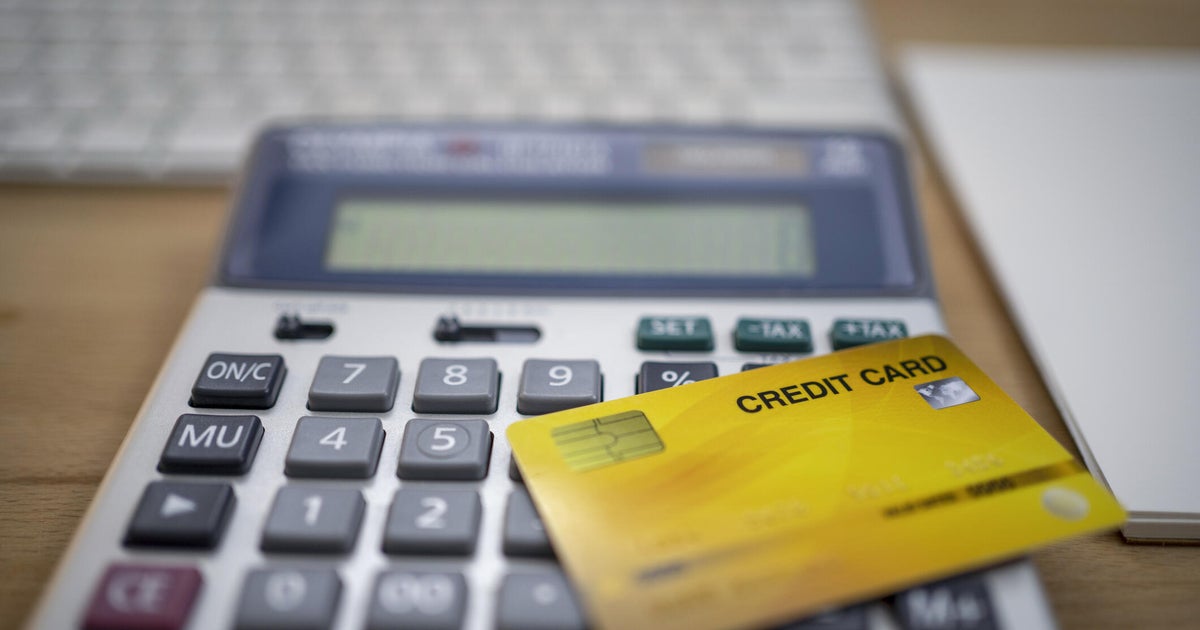Credit card debt forgiveness could make sense this October. Here's why.
Last week's surprising 50 basis point rate cut by the Federal Reserve was good news for borrowers, as the larger-than-expected reduction is likely to have a positive impact on the interest rates offered by lenders. And that, in turn, could make borrowing more affordable in the months ahead. For example, homebuyers or those considering refinancing their mortgages will likely see some relief over time, as will borrowers who want to use personal loans for things like consolidating debt.
But while loans may become cheaper now that the Fed has cut rates, borrowers who are already utilizing short-term loan options, like credit cards, are still facing high interest rates. Right now, credit card interest rates are nearing 23%, a record high. That rate is much steeper than most other forms of consumer credit, which can lead to big financial issues over time.
If you're carrying a balance on your credit cards, today's high rates could be costing you a significant amount of money, so you may want to explore options for reducing your credit card debt, including credit card debt forgiveness (also known as debt settlement). With debt forgiveness, the goal is to negotiate with your creditors to pay a lower lump-sum settlement, saving you money on what you owe. And there are a few reasons in particular why it could make sense to consider this strategy in October.
Need help with your credit card debt? Explore your top debt relief options now.
Why credit card debt forgiveness could help this October
There are a few reasons you may want to pursue this type of debt relief now, including:
The recent Fed rate cut may not provide enough relief
While the Federal Reserve's rate cuts can help reduce the cost of certain types of borrowing, credit card debt works a little differently. Most credit card interest rates are variable, meaning they are influenced by the Fed's benchmark interest rate, but they don't always react immediately to changes. In turn, it could take months for any reductions to make their way into lower rates for credit card holders. And, there's always a chance that card rates won't come down at all, as credit card issuers are not obligated to lower their rates.
But even if the rate cut results in some relief for credit card users, the decrease would likely be marginal. Considering the average credit card APR is near 23%, even a reduction of 0.5% or 1% might not make much of a dent. So, waiting for relief from the Fed may not be the best strategy, especially if you're already struggling to keep up with high monthly card payments.
Learn more about credit card debt forgiveness (and your other debt relief options) today.
Credit card interest charges compound quickly
Credit card companies typically charge interest daily, which means that not only are you paying interest on your principal balance, but you're also being charged interest on any interest that accrued since your last payment. This can cause balances to spiral out of control, especially if you're only making minimum payments.
Let's say you have a $10,000 balance on a credit card with a 23% APR and you're only able to make the minimum payment each month. Due to compounding interest, it could take you over 29 years to pay off that balance, and you could end up paying more than $18,000 in interest over that time. If you're stuck in this type of cycle, waiting for your APR to potentially drop might not save you enough to avoid serious financial consequences. Looking into debt forgiveness options might provide more immediate relief instead.
Settling your debt could result in big savings
Debt forgiveness can offer a practical solution for those struggling with credit card balances that feel insurmountable. The settlement amounts can vary, but in many cases, pursuing this debt relief option will lower your balance by between 30% and 50%, with the remaining amount being "forgiven" by the credit card company. For example, if you owe $10,000 in credit card debt, a successful settlement might reduce your balance by 50%, meaning you only pay $5,000 on what you owe.
While debt forgiveness will have a short-term impact on your credit score, it can provide quick relief from overwhelming debt and prevent further interest from accruing on your balance. In the long run, it can be a powerful tool to reset your financial situation. So for those already paying high credit card interest, settling your debt can offer savings far greater than waiting for the Fed's rate cut to impact card rates.
The bottom line
Credit card debt has become a mounting issue for millions of Americans, but while the Fed is working to ease borrowing conditions in other areas of the economy, credit card users may not see immediate relief from the recent or future Fed rate cuts. And given the record-high interest rates and the compounding nature of credit card debt, it could make sense to explore debt settlement this October. Taking action now might result in significant savings and provide much-needed financial relief.




